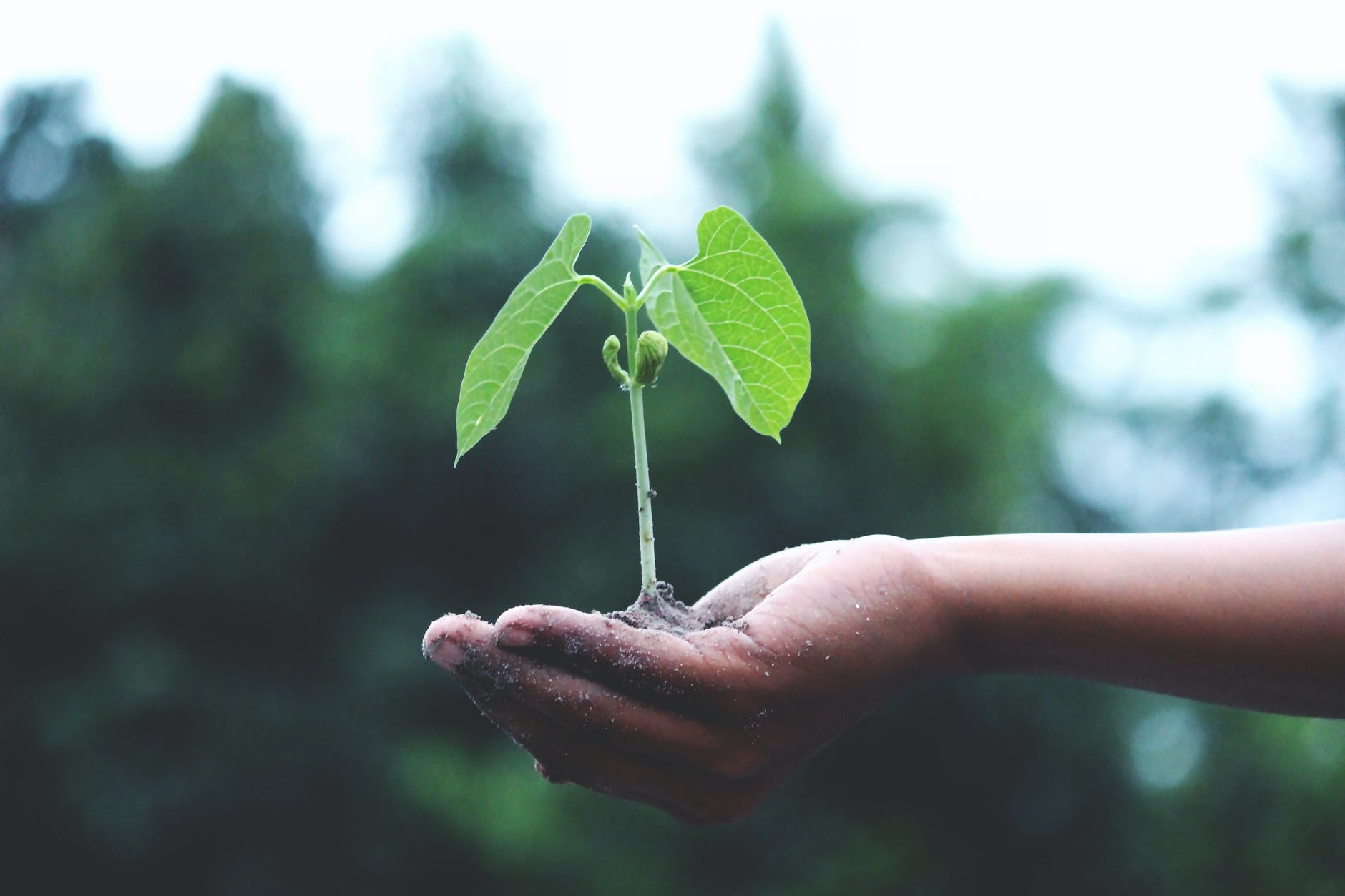Environment Tech
SA overshoots its resources – for last 51 years
Sunday, 4 July, was South Africa’s Earth Overshoot Day – the day the country uses up the resources its ecosystem needs a full year to regenerate
For South Africa, EOD was almost a month later in 2020 than the year before, providing strong evidence that reducing per capita consumption of products and services can be very effective to avoid the collapse of our ecological resources in the short term.
“Due to Covid-19, driving less, flying less and buying less accounted for much of the reduced consumption we observed in 2020 in comparison to 2019.”
Circular economy: The circular economy can help reduce the need for virgin material. In circular design, products and services are not created with a linear lifecycle of a clear beginning, middle and end. The target is a closed-loop system that aims to minimise the use of resources and subsequently the creation of waste. It enables a system where products are reused, shared, repaired, refurbished, remanufactured and recycled within that circularity.
Sharing economy: Better public transport and car-sharing services have much potential to bring down both the cost of transport, as well as the environmental impact. But the sharing economy can be extended to many other industries, such as buildings, tools, and products that we normally do not require all the time.
Servitization: Switching from an economy based on selling products to providing services, holds much potential. Imagine how producers of hot water geysers would change their production if they sold a hot water supply, rather than geysers.
Flexitarian diets: The World Economic Forum reports that, at any point in time, there are three times more farm animals in the world than there are people, with many of these animals destined to end up as food. Contrary to popular belief, we have tripled the amount of meat we eat per capita in the last 50 years[6]. Switching to flexitarian diets can make a huge difference in our food-footprint. The flexitarian diet implies a vegetarian diet that allows a little bit of meat consumption. In the United Kingdom and Germany, one of every three people consider themselves to be flexitarians. The reasons for doing so range from health to a strong movement towards considering animal welfare.
Renewables and storage: The reduction in the price of renewable energy, combined with the improvement in battery storage technologies, have changed the electricity and mobility landscapes forever. While the world is unlikely to be rid of fossil fuel soon, some countries have already committed to have net zero carbon footprints by 2050. While this may sound far away, it is likely that this target will move closer as technology improves and awareness rises.
Voluntary simplicity: The voluntary simplicity movement is rooted not in environmental ethics, but rather in positive psychology. The pursuit of material belongings drives many people into corporate jobs they dislike so that they can afford a new car and a big house that ultimately robs them from relationships and fulfilment of their passions. Voluntary simplicity does not call for voluntary poverty, but rather encourages consumption that is aimed at quality of life rather than quantity of material belongings.
References
1. https://livingplanet.panda.org/en-us/
2. New study suggests insect populations have declined by 75% over 3 decades – CNN
3. Tang, Y., Xie, J.S., Chen, K.M., 2003. Hand Pollination of Pears and its Implications for Biodiversity Conservation and Environmental Protection: a Case Study from Hanyuan County, Sichuan Province, China. Unpublished report submitted to the International Centre for Integrated Mountain Development (ICIMOD).http://www.internationalpollinatorsinitiative.org/jsp/studies/studies.jsp. (Accessed 1 February 2014)
4. https://www.worldometers.info/world-population/
5. https://www.weforum.org/agenda/2019/02/chart-of-the-day-this-is-how-many-animals-we-eat-each-year/


















